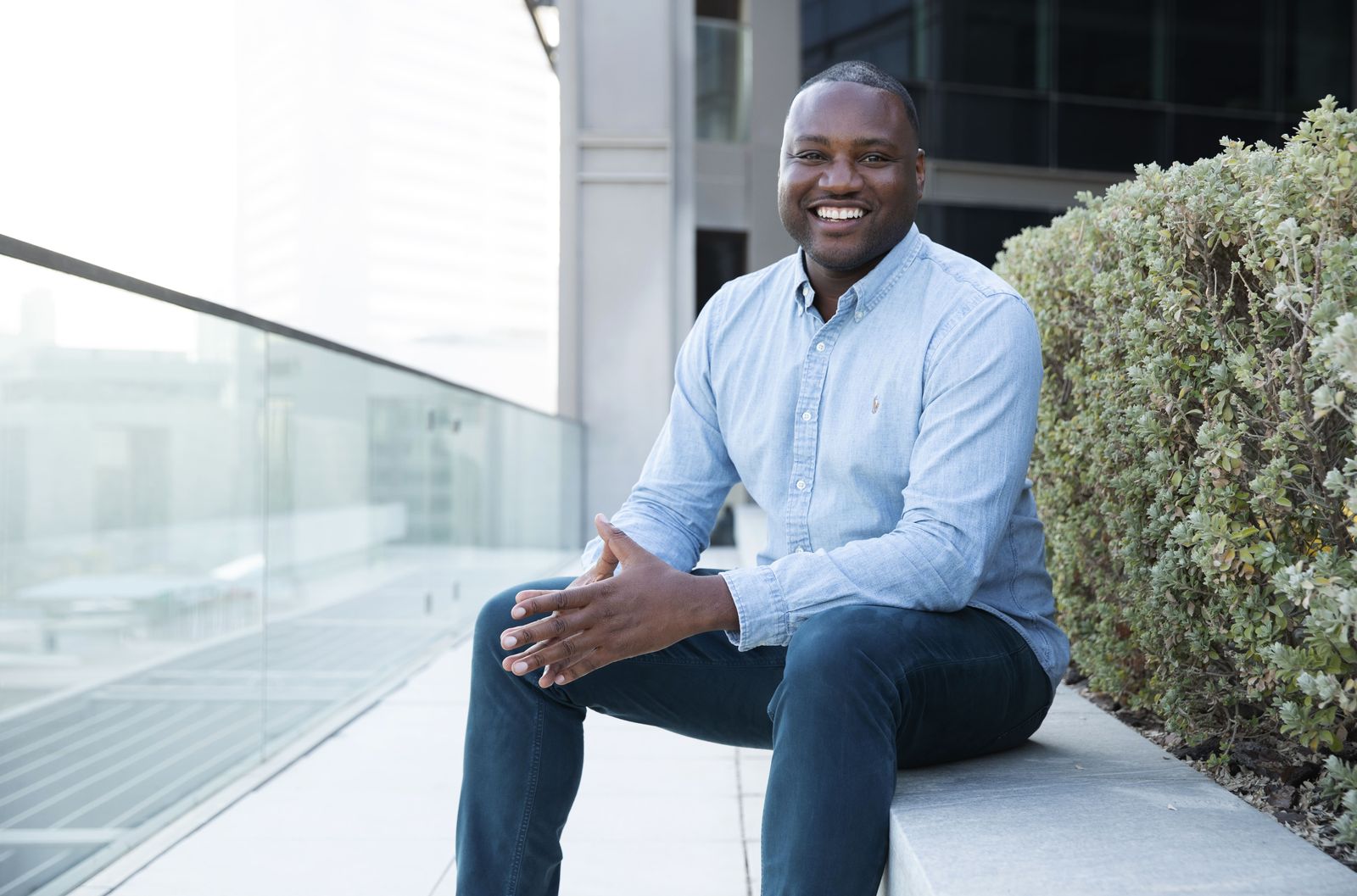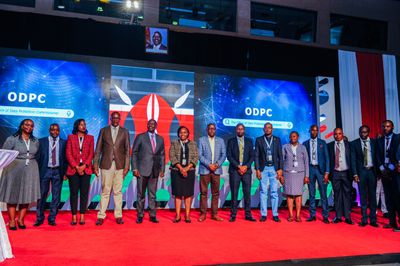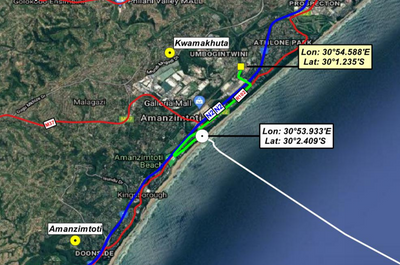On 14 March 2022, Moove, a Nigerian mobility fintech startup, announced that it had secured $105 million in a new Series A2 funding round. Labeled as the world’s first mobility fintech service offering, Moove is also Uber’s exclusive vehicle supply and vehicle financing partner across all markets south of the Sahara desert.
Beyond being Uber's fleet partner in Afrika, Moove has strong global ambitions. The company believes it has developed a solution that can address a problem experienced by most mobility entrepreneurs around the world. As such, part of how they will be using their Series A2 funding is to expand globally.
To understand more about how Moove operates and its plans for the future I had an interview with Ladi Delano, Co-founder, and CEO of Moove, to learn a bit more on how they plan to use the $105 million Series A2 funding they've just raised as well as Moove's plans for the future.
Q&A with Ladi Delano
Co-founder and CEO of Moove
iAfrikan.com: How does what Moove offer differ from traditional vehicle financing by banks?
Ladi Delano, Co-founder, and CEO of Moove: To get an auto loan from a bank, a driver would have to go through a long application process that could take months to complete. In addition, drivers would be required to pay a large deposit and face interest rates ranging from 20% and up; most drivers cannot afford this.
At Moove, we are using technology to finance vehicles at scale. We sell new vehicles and finance up to 95% of the purchase price. We can onboard drivers within five days of sign up, whilst giving them the flexibility to choose the loan payback period, using a portion of their weekly revenues to repay the loan.
Moove is different in that we are more accessible and affordable; we are also focused on mobility entrepreneurs which is a customer segment that has traditionally been underserved and unbanked.
Given that each country has different financial regulations, especially around credit, how does Moove navigate around this?
In terms of regulatory compliance, all Moove customer agreements are in accordance with the laws of each country in which we operate. We collaborate extensively with local legal and tax firms to ensure compliance, and we have no major regulatory concerns that are directly related to our business model.
Currently, is Moove only available for Uber drivers?
Moove is Uber’s exclusive vehicle supply and vehicle financing partner in sub-Saharan Africa - our collaboration is the second largest partnership of its kind in EMEA [Europe, Middle East, and Afrika]. Over the past six months, we have expanded our vehicle classes to include trucks, bikes, and three-wheelers via other partnerships on the continent.
Would you classify Moove as a Mobility-as-a-Service offering?
We prefer to classify ourselves as the world's first mobility fintech - a financial services platform that provides mobility entrepreneurs with revenue-based vehicle financing. One of the primary ways we accomplish this is through our alternative credit-scoring technology, which accesses and utilizes proprietary performance and revenue analytics on ride-hailing, logistics, and other mobility platforms.
What are the company's future plans around the more informal transportation that dominates Afrika?
We intend to use our new [Series] A2 funding, we plan to expand our partnerships and vehicle classes to include buses, cars, trucks, bikes, and three-wheelers over the next six months, to formalize Africa’s fragmented mobility economy and empower more Africans to safely become mobility entrepreneurs.
Anything else you'd like to share?
One of the reasons we're so excited is that we're tackling a global problem. This issue of limited financing for mobility entrepreneurs is not unique to Africa. It is a concern that many emerging markets face, and we have developed a Nigerian solution to what is now recognized as a global issue.
This new round will be critical in enabling us to scale not only in our existing and new locations across Africa, but also in our global expansion.
— By Tefo Mohapi







